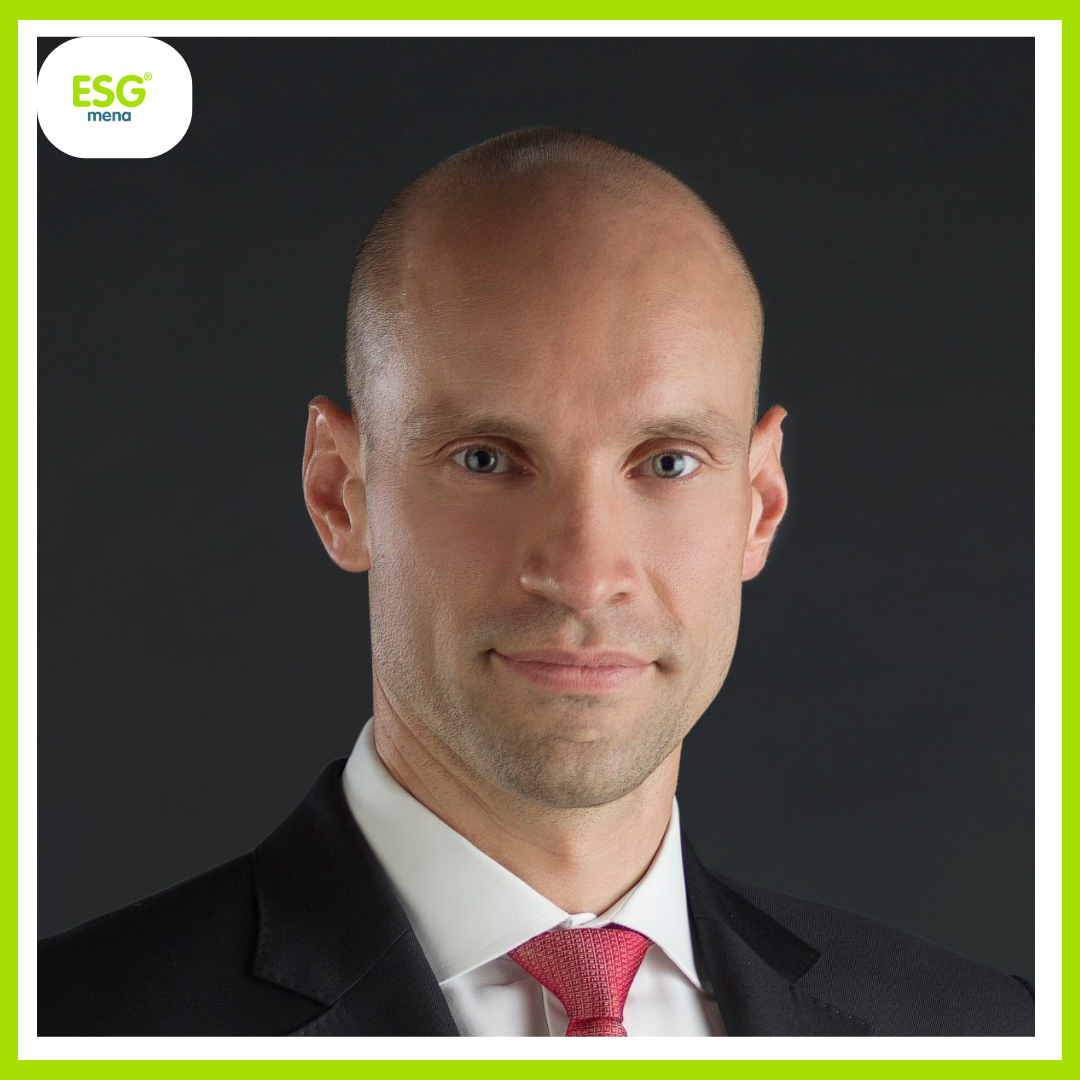Across the global financial industry, sustainable finance has moved from the margins to the mainstream. Investors, regulators, and communities alike are demanding that banks take responsibility for the environmental and social impact of their activities. At the heart of this shift are Environmental, Social, and Governance (ESG) principles.
For Islamic finance, ESG is not a foreign import. It is a natural extension of principles we have always upheld: fairness, transparency, social responsibility, and ethical conduct. The prohibition of harmful industries, the focus on risk-sharing, and the obligation to support community welfare place Islamic banks in a unique position to lead the ESG transition.
Why ESG is now core, not optional
Climate change, social inequality, and governance failures have made clear that banking must go beyond profit. Families, entrepreneurs, and SMEs are no longer asking simply for financial services; they are asking for financial institutions that reflect their values. Globally, banks are committing to net-zero targets, issuing green bonds, and funding sustainable projects. In the UAE, regulators are also pushing for greater accountability, aligning with the country’s ambitious Net Zero by 2050 vision.
For financial institutions, embedding ESG is not only about doing good. It builds resilience, enhances trust, and positions banks to attract sustainable capital. The choice is clear: those who ignore ESG risk obsolescence; those who embrace it can help shape the future.
ruya’s approach: innovation with responsibility
At ruya, we set out to build ESG into our foundation rather than bolt it on as an afterthought. Sustainability is part of our DNA.
Take NatureProtect, our pioneering initiative in partnership with Sacred Groves. For every AED 1,000 deposited, ruya conserves one square foot of primary forest for ten years — at no cost to customers. Impact is fully transparent: customers can track the area of forest protected through our mobile app. It is an example of how banking products can deliver tangible benefits for people, planet, and communities simultaneously.
Equally important is how we operate. As a fully digital-first bank, ruya avoids the inefficiencies of legacy banking — no paper trails, no resource-heavy branches. Our community centres are energy-efficient, and our app not only makes everyday transactions seamless but also helps customers build financial literacy and protect themselves against fraud.
We also believe in fair and inclusive banking. Too often, people are excluded from the financial system by hidden fees or minimum balance requirements. At ruya, there are no such barriers. Everyone is welcome to join, and SMEs are given easier access to the financing they need to grow. In this way, we align with the “S” in ESG — serving society, not just shareholders.
Aligning profitability with purpose
Some argue that sustainability comes at the expense of profitability. Our experience suggests the opposite. By building trust, reducing risks, and attracting long-term investors, ESG integration makes banks more resilient and more competitive. Ethical, transparent, and responsible banking drives loyalty and strengthens the bottom line.
The road ahead
The UAE is at the forefront of the sustainability agenda in the region. Financial institutions have a responsibility — and an opportunity — to accelerate this transition. As banks, we are not just intermediaries of capital. We are custodians of trust.
At ruya, we see ESG not as a compliance requirement but as the very future of banking. By embedding sustainability into our products, operations, and governance, we can ensure that financial growth translates into social and environmental value. Profitability and purpose must go hand in hand — and if we succeed, the benefits will be shared not only with our shareholders, but with our communities, our children, and the planet itself.
By Christoph Koster, CEO of ruya Community Islamic Bank




